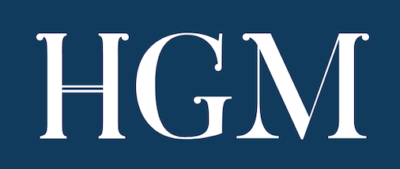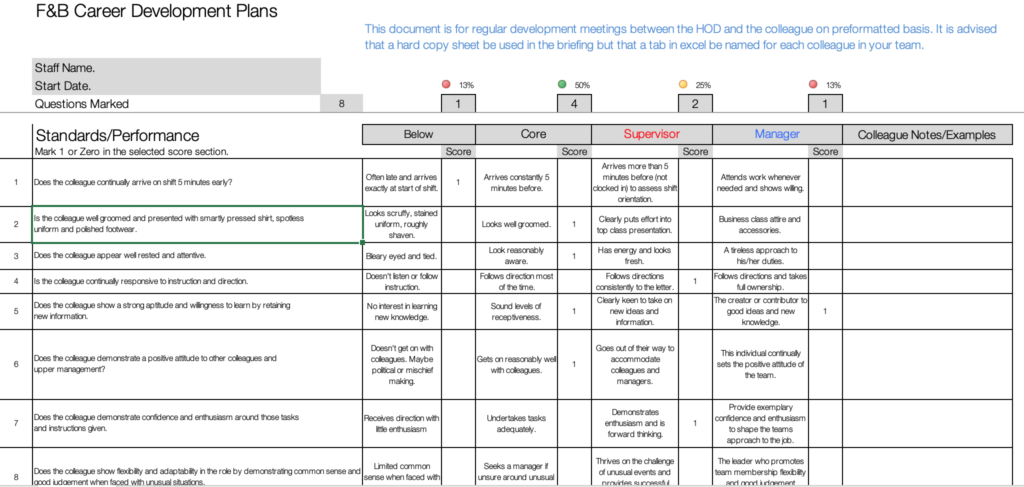Put your people front right and centre… once and for all!
At a time of immense change within our industry, there has never been a more important time to refocus on your people.
Do you simply want your people to do a ‘Job’, or are you keen to deliver them a ‘Career’ of growth. How you answer this question probably defines your business culture.
As a manager, you know you need to think about your team members’ careers and help them develop professionally. But are you challenging yourself to go beyond the standard resources your company offers and provide customizedcoaching and support to each employee?
A 2016 Gallup poll of Millennials found that almost 90% of them valued “career growth and development opportunities,” but less than 40% felt strongly that they had “learned something new on the job in the past 30 days.” That same poll found that managers are critical to the experiences that younger employees have at work, accounting for “at least 70% of the variance in engagement scores.”
Millennials and Gen Z should be treated differently but their aims are looking for the same solution from polarised viewpoints. Millennials typically are looking for the growth of the lifestyle via their career, whilst Gen Z want everything right now, or at least a transparent route to getting everything they need.
The live PDR model that we use sets out to share the responsibility and accountability for for developing people. Our PDR model sets out a very clear road map to success.
This live PDR model typically holds 100 KPI’s which are measured at Below, Core, Supervisor & Manager level. You may have more or less KPI’s. Ideally the manager will sit with the colleague at least once every 6 – 8 weeks to adjust the PDR to reflect progress, highlight areas of improvement, and strategise the next areas to focus on.
This PDR model should be introduced at the interview stage. If you’re wanting to create an employer brand then this PDR is key in setting out that you’re selling a career rather than just a mundane task led role.
Key to this kind of PDR model is it’s delivery and care should be taken to train your managers to ensure that they take this process really seriously. Because this process is challenging for managers this process in itself can form part of your manager CPD.
Each Department Head can create their own PDR format.
Organise developmental information about your employees into a spreadsheet (Or our online PDR CRM). For each employee, keep track of a range of information, including:
- The managers observations of the person, and the assessment of the colleagues potential.
- Be mindful that not all staff want to be outperforming superstars but achieving core standards is the minimum expectation.
- Also be mindful that progress across the KPI’s will require focussed training content and on-the-job supervision.
- Feedback he or she has given you about your management style.
- The employee’s preferred ways of working.
- Key motivators for the person, including extrinsic rewards like financial compensation and intrinsic rewards like recognition.
- Opportunities you see to further his or her career, including networking connections you can make, stretch assignments, membership of national associations and promotion targets.
- The employee’s stated career and developmental goals.
- Feedback you want to give the person.
- Broader wisdom about the industry or life you wish to impart.
If you wish assistance with this please get in touch today. info@hotelgeneralmanagers.com



